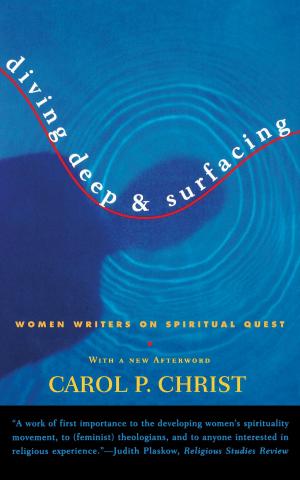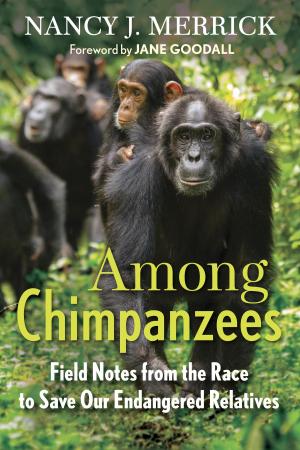Saving the Original Sinner
How Christians Have Used the Bible's First Man to Oppress, Inspire, and Make Sense of the World
Nonfiction, Religion & Spirituality, Other Practices, Fundamentalism, Bible & Bible Studies, Old Testament, Criticism & Interpretation| Author: | Karl W. Giberson | ISBN: | 9780807012529 |
| Publisher: | Beacon Press | Publication: | June 9, 2015 |
| Imprint: | Beacon Press | Language: | English |
| Author: | Karl W. Giberson |
| ISBN: | 9780807012529 |
| Publisher: | Beacon Press |
| Publication: | June 9, 2015 |
| Imprint: | Beacon Press |
| Language: | English |
**A scientist and former evangelical argues that holding onto a belief in a literal, historical Adam has forced many Christians to reject science and become intellectually isolated from the modern world. **
** **
The Bible’s first man stands at the center of a crisis that is shaking much of Christianity. In the evangelical world, scholars have been ostracized and banished from their academic communities for endorsing a modern scientific understanding of the world, even as they remained strong Christians. Self-appointed gatekeepers of traditional theology demand intellectual allegiance to an implausible interpretation of the Genesis creation story, insisting that all humanity must be descended from a single, perfect human pair, Adam and Eve. Such a view is utterly at odds with contemporary science.
It wasn’t always this way. Karl Giberson spotlights the venerable tradition of Christian engagement with new knowledge and discoveries. When global exploration, anthropology, geology, paleontology, biblical studies, and even linguistics cast doubt on the historicity of Adam and his literal fall into sin, Christians responded by creatively reimagining the creation story, letting Adam “evolve” to accommodate his changing context. Even conservative evangelical institutions until recently encouraged serious engagement with evolutionary science, unhindered by the straitjacket of young-earth creationism, intelligent design, or other views demanding that Adam be a historical figure.
Giberson calls for a renewed conversation between science and Christianity, and for more open engagement with new scientific discoveries, even when they threaten central doctrines. Christians should not be made to choose between their faith and their understanding of the universe. Instead, as Giberson argues, they should follow in the once robust tradition of exploring science openly within the broad contours of Christian belief.
**A scientist and former evangelical argues that holding onto a belief in a literal, historical Adam has forced many Christians to reject science and become intellectually isolated from the modern world. **
** **
The Bible’s first man stands at the center of a crisis that is shaking much of Christianity. In the evangelical world, scholars have been ostracized and banished from their academic communities for endorsing a modern scientific understanding of the world, even as they remained strong Christians. Self-appointed gatekeepers of traditional theology demand intellectual allegiance to an implausible interpretation of the Genesis creation story, insisting that all humanity must be descended from a single, perfect human pair, Adam and Eve. Such a view is utterly at odds with contemporary science.
It wasn’t always this way. Karl Giberson spotlights the venerable tradition of Christian engagement with new knowledge and discoveries. When global exploration, anthropology, geology, paleontology, biblical studies, and even linguistics cast doubt on the historicity of Adam and his literal fall into sin, Christians responded by creatively reimagining the creation story, letting Adam “evolve” to accommodate his changing context. Even conservative evangelical institutions until recently encouraged serious engagement with evolutionary science, unhindered by the straitjacket of young-earth creationism, intelligent design, or other views demanding that Adam be a historical figure.
Giberson calls for a renewed conversation between science and Christianity, and for more open engagement with new scientific discoveries, even when they threaten central doctrines. Christians should not be made to choose between their faith and their understanding of the universe. Instead, as Giberson argues, they should follow in the once robust tradition of exploring science openly within the broad contours of Christian belief.















